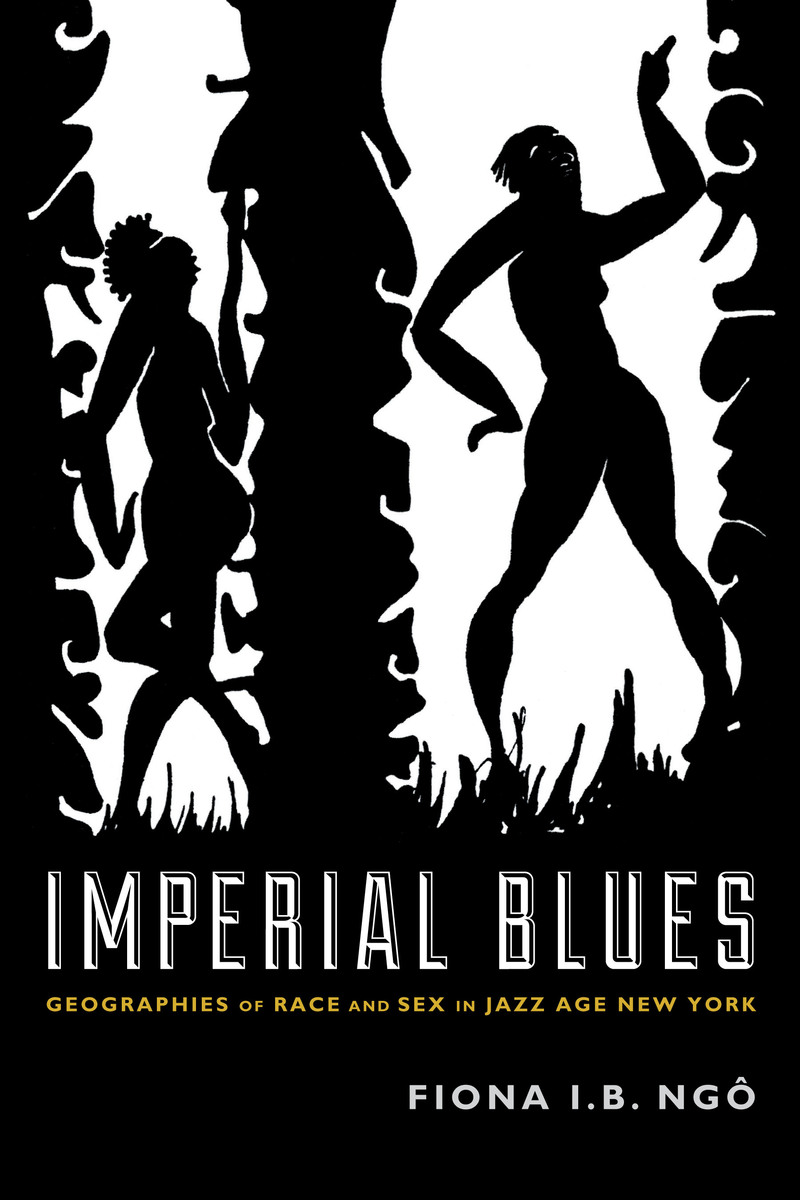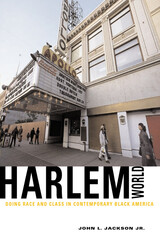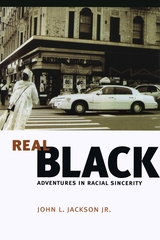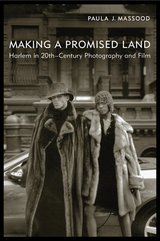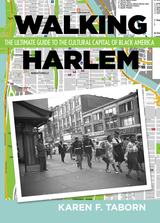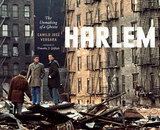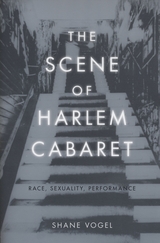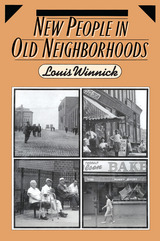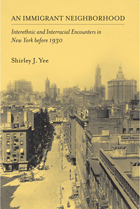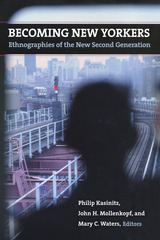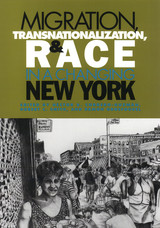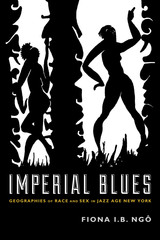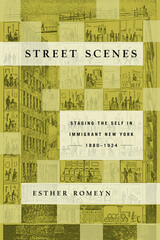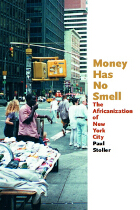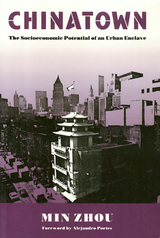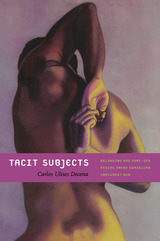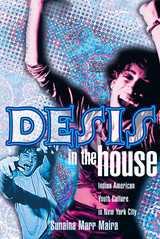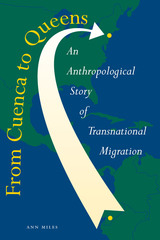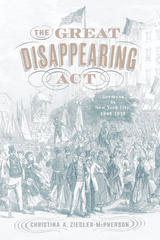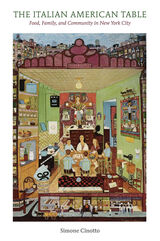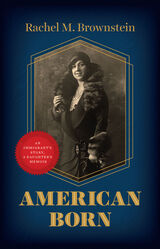Imperial Blues: Geographies of Race and Sex in Jazz Age New York
Duke University Press, 2013
Cloth: 978-0-8223-5524-3 | eISBN: 978-0-8223-7733-7 | Paper: 978-0-8223-5539-7
Library of Congress Classification F128.9.A1N46 2013
Dewey Decimal Classification 305.8009747
Cloth: 978-0-8223-5524-3 | eISBN: 978-0-8223-7733-7 | Paper: 978-0-8223-5539-7
Library of Congress Classification F128.9.A1N46 2013
Dewey Decimal Classification 305.8009747
ABOUT THIS BOOK | AUTHOR BIOGRAPHY | REVIEWS | TOC | REQUEST ACCESSIBLE FILE
ABOUT THIS BOOK
In this pathbreaking study, Fiona I. B. Ngô examines how geographies of U.S. empire were perceived and enacted during the 1920s and 1930s. Focusing on New York during the height of the Harlem Renaissance, Ngô traces the city's multiple circuits of jazz music and culture. In considering this cosmopolitan milieu, where immigrants from the Philippines, Cuba, Puerto Rico, Mexico, Japan, and China crossed paths with blacks and white "slummers" in dancehalls and speakeasies, she investigates imperialism's profound impact on racial, gendered, and sexual formations. As nightclubs overflowed with the sights and sounds of distant continents, tropical islands, and exotic bodies, tropes of empire provided both artistic possibilities and policing rationales. These renderings naturalized empire and justified expansion, while establishing transnational modes of social control within and outside the imperial city. Ultimately, Ngô argues that domestic structures of race and sex during the 1920s and 1930s cannot be understood apart from the imperial ambitions of the United States.
See other books on: Arts and society | Geographies | Imperialism | Minorities | Sex
See other titles from Duke University Press
